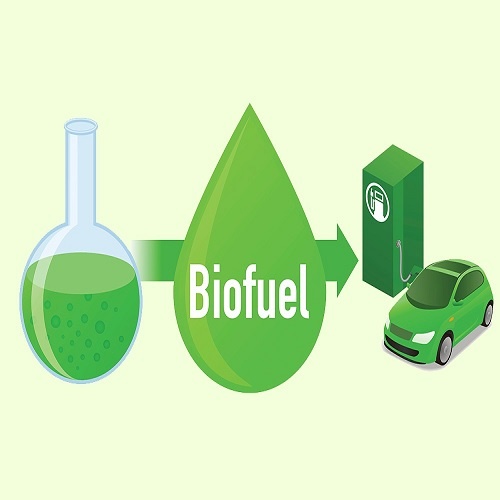Chandigarh: Punjab is taking steps to become a national frontrunner in biofuel production, as the state government has announced the Punjab State Policy for Biofuels. This policy aims to fulfill 20 percent of the state’s total fuel demand through biofuels by 2035. This information was shared by Aman Arora, the minister of new and renewable energy sources, during a roundtable discussion titled “Biofuels: Re-imagining India’s Energy Sector & Sustainability in Agriculture,” hosted by The Indian Express on Wednesday.
Arora highlighted the purpose of the policy which is to also promote the supply of compressed biogas, 2G bio-ethanol and biomass pellets, utilizing Punjab’s agricultural residues. It is seeking to recycle more than half the state’s agricultural waste whose healthy residue the soil will receive direct benefits from besides an additional source of income for the farmers in cultivating crops for biofuel and selling biomass. He advocated awareness of biofuels among the media and bust myths, particularly the one which originated from organizations based out of Ludhiana stating that CBG plants emit carcinogenic fumes. He stated that the government would like to see them operational since paddy stalks need to be processed; they burn into farm fires otherwise, which doesn’t help either the states’ image or citizens’ health.
Arora appealed to the people of the farming fraternity, industry leaders, and other stakeholders to seek the government’s biofuel initiatives towards a brighter sustainable future. He aspired that Punjab’s prevailing paddy-wheat sowing cycle has led to excessive exploitation of groundwater and poor soil health. Biofuels are cleaner by emitting fewer greenhouse gases compared to traditional fossil fuels while supporting a circular economy in converting waste into energy. He also suggested intercropping and crop rotation, increasing fertility levels while reducing monoculture’s unhealthy impacts and promoting agriculture’s sustainability for enhanced productivity and environmental protection.
The minister said four CBG plants with a total capacity of 85 tonnes per day are already in commission. The next one, with a capacity of 20 tonnes per day, is targeted to be completed in 2024-25. Six more projects with a cumulative total capacity of 59 tonnes per day shall be launched in 2025-26.
Continue reading Chinimandi.com for more news about the Sugar and Allied Sectors and Ethanol Industry.












